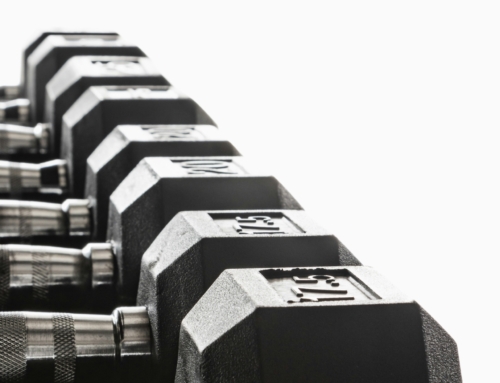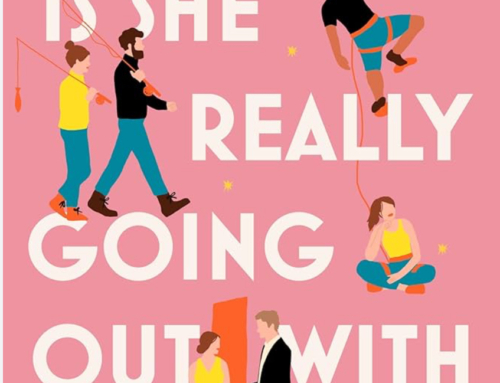Why We Get Fat is the follow up book to Gary Taubes’ best selling Good Calories/Bad Calories Both books examine why calorie counting is futile, why high carb diets have produced nothing but failure, and why almost everything we’ve been taught about weight loss/management is wrong. Good Calories/Bad Calories is like the War and Peace of Nutrition books. It’s very long and very dense. This book is a concise version of that book.
In Good Calories/Bad Calories you find out that much of the research that recommended low fat/high carb diets was not only flawed but the results showed that these types of diet did not work.
As an anecdote, when I speak with medical experts about long term fat loss for obese patients, they recommend a low carbohydrate diet so that the patients burn off their extra body fat for energy. High carb diets are definitely NOT recommended and yet this is what was preached for years according to the Food pyramids and American Heart Association.
Why I recommend you read this book is because I believe it sheds light on several persistent fitness industry myths
- Disputes the Calories in vs Calories Out Paradigm
- Thorough Discussion of Fat Metabolism
- Fat is not the enemy. Sugar is the Real Enemy
Disputes the Calories in Vs Calories Out Paradigm
One of the main reasons I like this book is because he goes into why the Calories in vs Calories out paradigm is not the best for fat loss. I think he gives a great explanation to why the diets that follow this paradigm are unsustainable and lead people to failure.
This calories in vs calories paradigm what is fueling the Fitness Industry’s huge failure rate when it comes to Fat Loss. It’s not just about the AMOUNT of calories. It’s about the QUALITY of calories It’s about a whole host of issues including hormonal imbalances as well and restricting calories too much definitely has an effect on important hormones that regulate your metabolism (such as your Thyroid Hormones)
Thorough Discussion of Fat Metabolism
One of the best quotes I got from this book was when he talks about how just cutting out carbs may not be the Holy Grail for people because of years of poor eating. This is something that needs to be shouted from the rooftops.
But the fact that we are trying to counteract a regulatory disorder of fat metabolism, one that may have been decades in the making. Reversing the process might take more than a few months or even a few years as well. (p 206)
Your body was not meant to lose weight rapidly and for many people (especially women) YEARS of CHRONIC DIETING and under eating have slowed metabolism to the point where it could take a long time to remedy the situation.
Back in the 80’s and 90’s it was Low Fat/Non Fat everything. What did food manufacturers use to replace the fat? SUGAR! That’s when we saw the diabetes and obesity rates explode. The demon is NOT fat like we once thought. It’s all of the refined sugar and added sugar that we have placed in our diets. It’s amazing that EVERYTHING has so much added sugar.
Some Issues I had with the Book
No extremes
I don’t believe in extremes and I think this book is definitely in its extreme approach of telling people to remove all carbs from their diets but it’s okay to eat things such as pepperoni, sausage, and other processed meats which have been shown to increase your risk of cancer. Besides that I don’t know anyone who will say I am never going to eat any carbs ever again. It’s not going to happen and we shouldn’t set ourselves up for failure like that.
He definitely takes on the biggest arguments against Low Carb Diets
1) Scams because it’s mostly water weight that people lose so quickly
2) Unbalanced Diets because we should eat a wide variety of foods
3) Cause Heart Attacks
Taubes refutes these arguments very well in the book, but I felt that one of the issues he could have addressed more is what happens when you restrict total macronutrient groups such as carbohydrates His argument is that doctors tell people to cut out all cigarettes and not just cut down on the number of cigarettes they consume because they are unhealthy so why don’t they do that with carbohydrates.
I would have liked to hear his solution to the issue that when people go on long term low carb diets and then eventually begin to eat carbs again, they not only regain weight but put on more weight. He just said that if that happens then you should eliminate carbohydrates again.
Green Vegetables aren’t necessary
When he said this at the end of the book, I wanted to face palm. He says that fiber doesn’t really matter in our diet except to help with constipation. He said we really don’t even need green vegetables. I completely disagree with this. Green vegetables provide vitamins and minerals that our bodies absorb and also fiber helps give our colon a workout.
Extract the Good stuff from the book and leave the rest
I think this is a much faster and easier read than Good Calories, Bad Calories which I mentioned is like the War and Peace of Nutrition books. I think you can extract the good stuff from the book such as: the history of the recommended high carb/low fat diet, why we overestimate the effect of exercise on fat loss and most importantly why the calories in vs calories out model is so flawed.
When it comes to the extremism and also the suggested diet at the end, I would leave that alone. If you want to do a lower carb day 1-2 days a week, I see nothing wrong with that but I just can’t take any diet seriously that says, “Well you don’t need green vegetables”








Leave A Comment